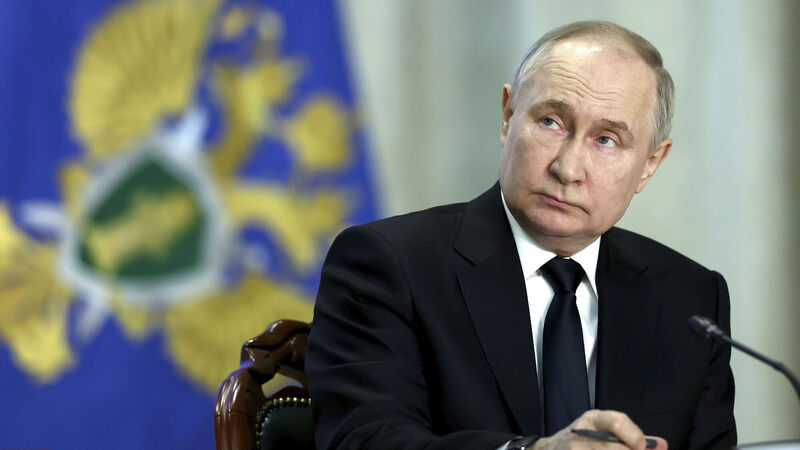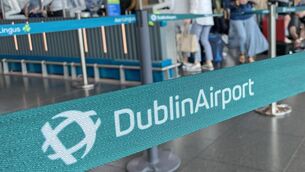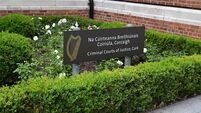Mon, 12 Aug, 2024 - 01:00
In terms of scale, there is little to compare the events that have taken place in Kursk with those that preceded them in the same week 81 years earlier.
On August 3, 1943, the Red Army launched the second phase of an offensive against Nazi Germany which eventually became the largest single battle in the history of warfare.
Already a subscriber? Sign in
You have reached your article limit.
Subscribe to access all of the Irish Examiner.
Annual €130 €80
Best value
Monthly €12€6 / month
Introductory offers for new customers. Annual billed once for first year. Renews at €130. Monthly initial discount (first 3 months) billed monthly, then €12 a month. Ts&Cs apply.
CONNECT WITH US TODAY
Be the first to know the latest news and updates
















